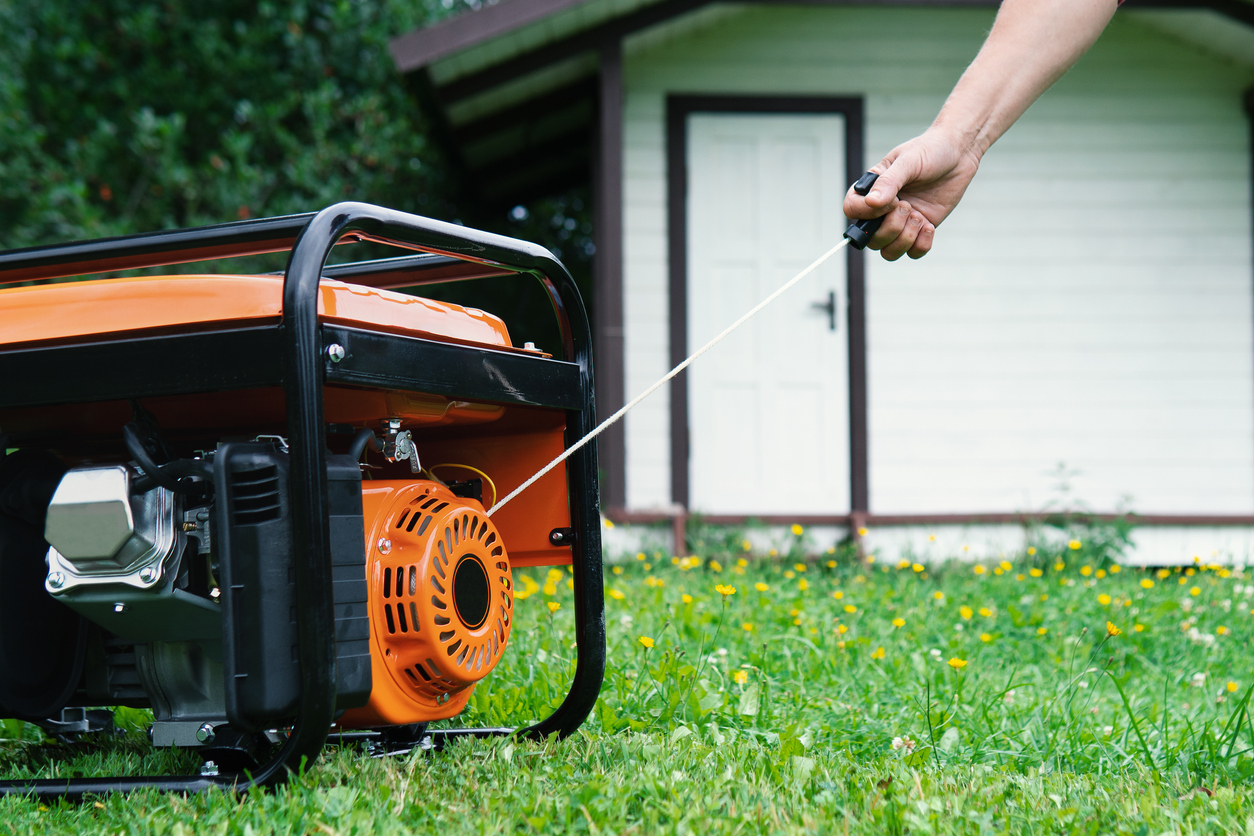Power outages can be inconvenient and sometimes even life-threatening, depending on their duration and the circumstances. To mitigate the impact of blackouts, many individuals and businesses turn to generators. When it comes to choosing the right generator, two main options are available: portable generators and standby generators. Each type has its own set of advantages and disadvantages, making the choice between them dependent on your specific needs and priorities.
Portable generators are versatile and relatively affordable options for providing backup power. They are typically smaller, more mobile, and can be moved around as needed. This flexibility makes them a popular choice for homeowners who need a temporary power source during outages. Portable generators run on various fuels, including gasoline, propane, and diesel, allowing users to choose the most convenient option.
One of the key advantages of portable generators is their affordability and ease of use. They can power essential appliances and devices, such as refrigerators, lights, and portable heaters, during short-term outages. However, their power output is limited compared to standby generators, so they may not be suitable for running an entire house or business.
Standby generators, on the other hand, are designed for more comprehensive and longer-term backup power solutions. They are permanently installed and connected to your home or business’s electrical system. Standby generators often run on natural gas or propane, which provides a continuous and reliable source of fuel. When a power outage occurs, standby generators can automatically start and restore power within seconds.
The primary advantage of standby generators is their seamless and automated operation. They can power an entire home or business, including heating and cooling systems, security systems, and medical equipment, ensuring uninterrupted comfort and safety during extended outages. Standby generators also require minimal user intervention, making them an excellent choice for those who want a hands-off solution.
However, standby generators come at a higher cost, not only for the initial purchase and installation but also for ongoing maintenance and fuel expenses. Additionally, they may require local permits and compliance with building codes, adding to the complexity and cost of installation.
Choosing between portable and standby generators depends on your specific needs, budget, and preferences. Portable generators are well-suited for occasional use during short outages and for powering essential appliances or tools in remote locations. They are also a cost-effective option for those on a tight budget.
On the other hand, standby generators are ideal for homeowners or businesses that require continuous, automatic backup power to maintain critical operations, especially during long-lasting outages. The peace of mind they provide, along with their ability to keep you comfortable and secure, may outweigh the higher upfront and ongoing costs.
By carefully evaluating these factors, you can make an informed decision and select the generator type that best meets your needs. Contact Brotherlylove Electric LLC to schedule a consultation or appointment today to learn more about generators.
